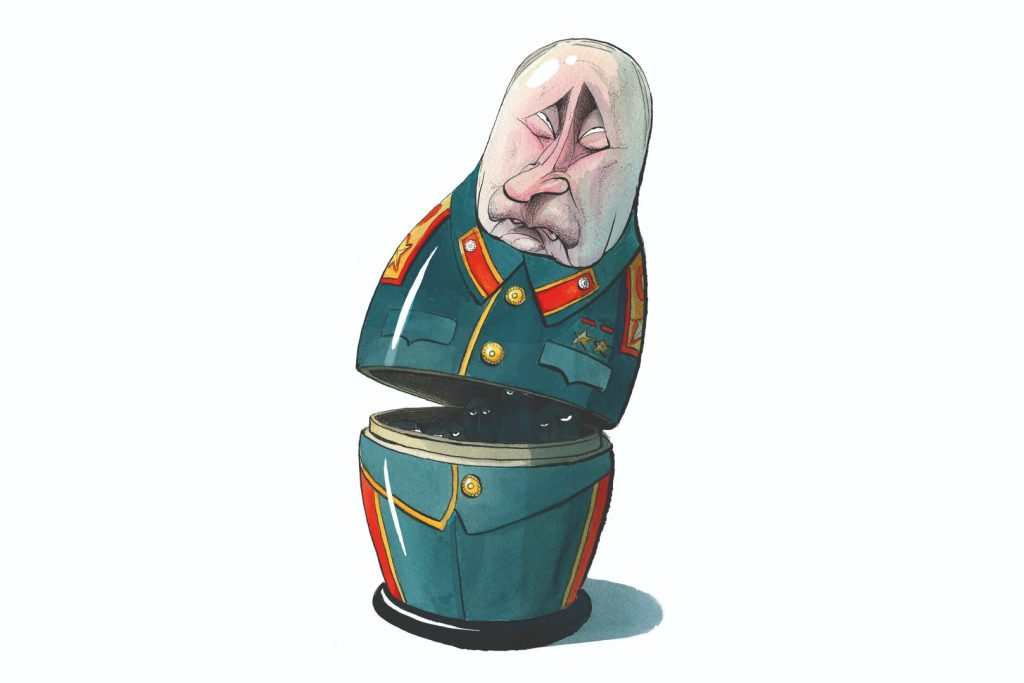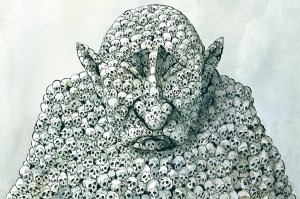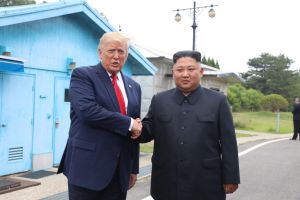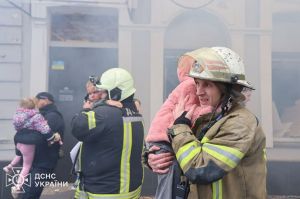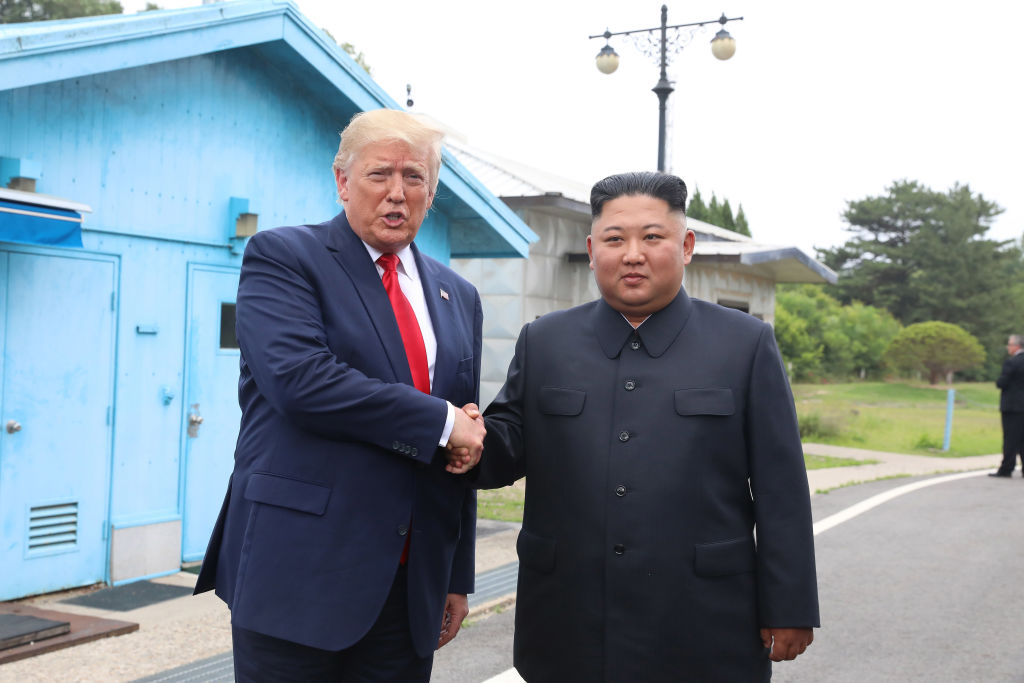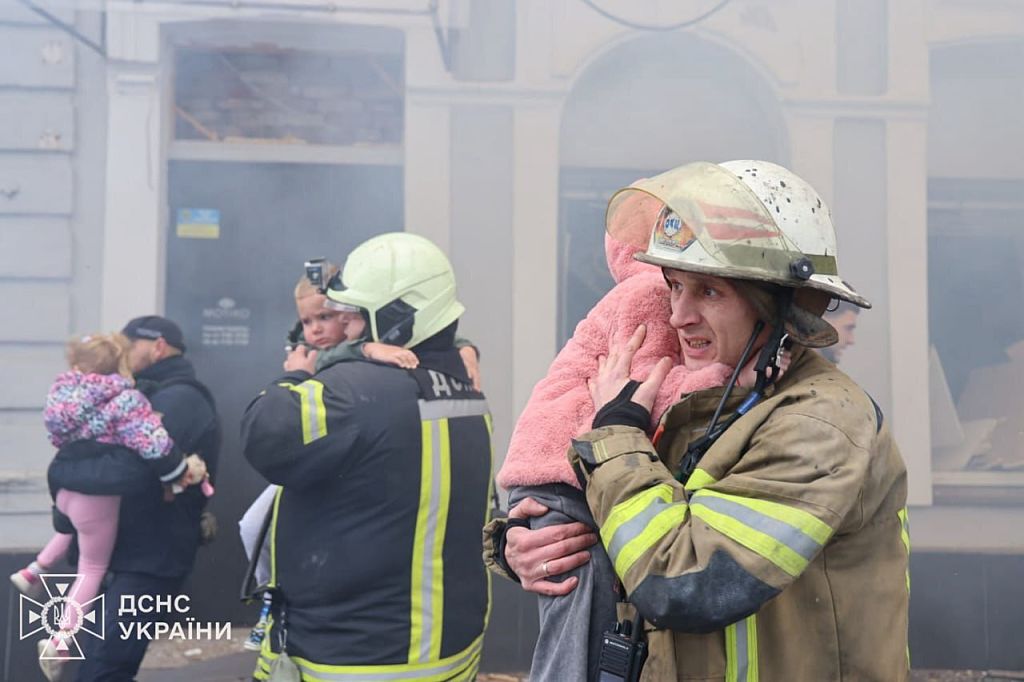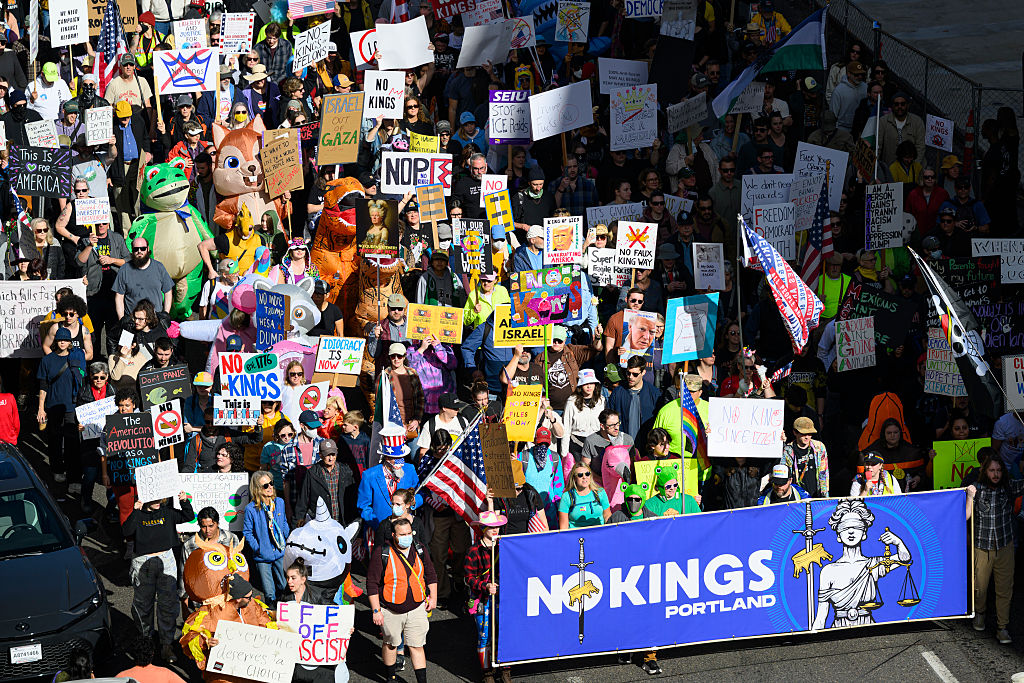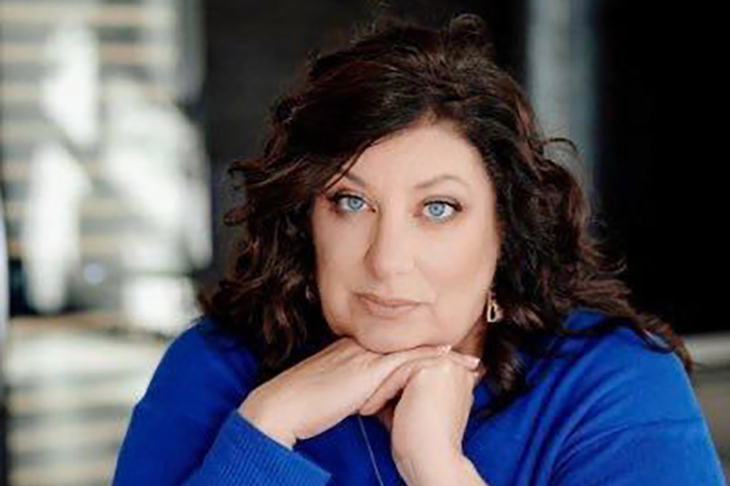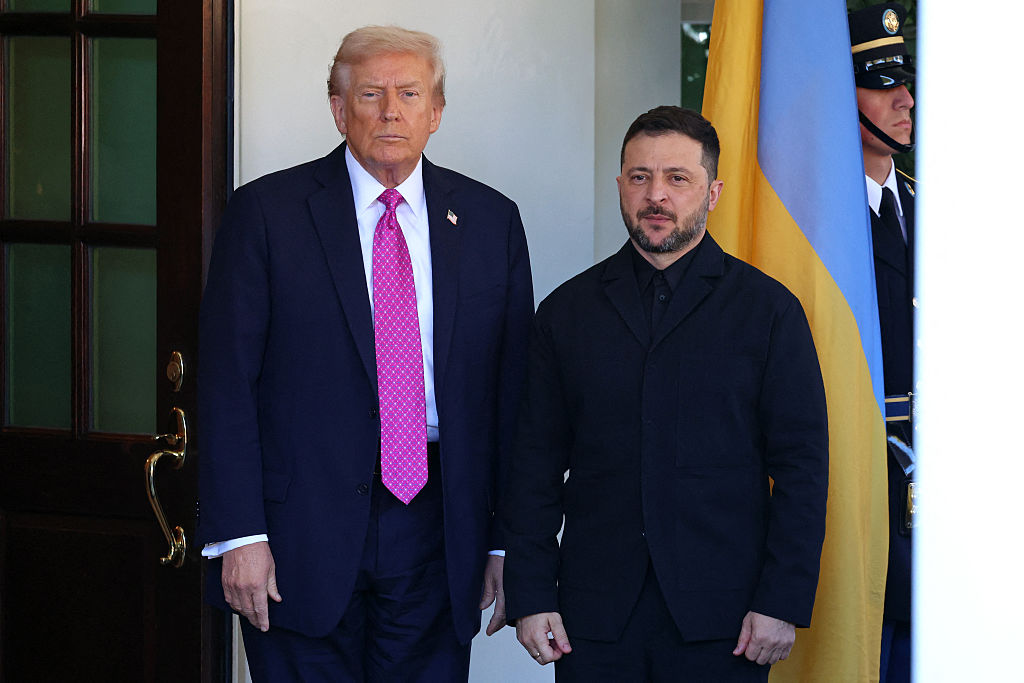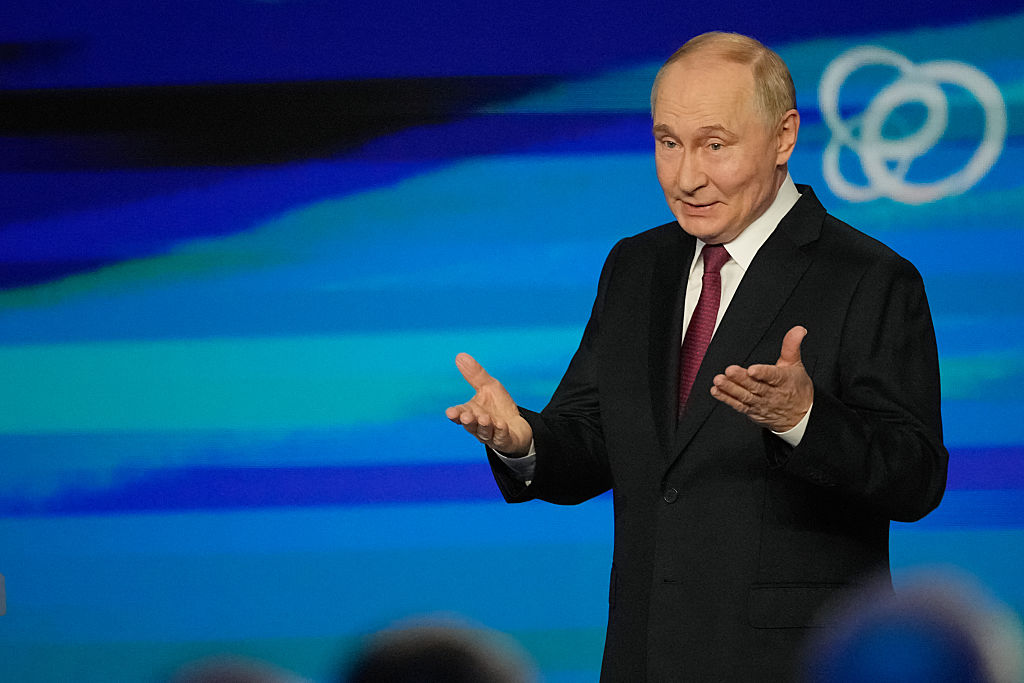The brief mutiny by Yevgeny Prigozhin and his Wagner mercenaries represented the most serious shock yet to Vladimir Putin’s twenty-three-year reign. No wonder alarmed Western governments are considering nightmare scenarios. Yet the outlook may actually be rather more optimistic.
When news of the mutiny broke, there were fears of mass defections to the side of Prigozhin, a man who has sanctioned the murder of prisoners and even suggested that Russia “needs to live like North Korea” to win its war with Ukraine. In Britain Rishi Sunak convened a COBRA meeting to consider possibilities apparently including a Russian collapse and nuclear proliferation. The concern is that a serious challenge to Putin risks pushing Russia into anarchy and so poses an even more intractable security challenge to the West.
The irony is that visions of a nuclear arsenal being divided between warlords and rival armies clashing on the European Union’s borders have helped Putin, discouraging some who would otherwise want to see a more assertive approach to the aging autocrat. Putin himself invoked the smuta, the “Time of Troubles” that followed the death of Ivan the Terrible. Characterized by dynastic crises, foreign invasion, hunger and revolt, this was a clear attempt to push the “better the devil you know” argument. This pernicious sentiment rests on a deterministic sense that imperialism and despotism are somehow encoded into the Russian psyche and ignores the degree to which there are practical and institutional safeguards preventing the end of Putin’s reign.
The septuagenarian Putin has surrounded himself with a clique of individuals with very similar backgrounds. Almost all are also in their seventies, veterans of the KGB, and also arrivistes, the first in their families to break into the nomenklatura, the Communist Party chosen. They had finally made it, just in time for that system to collapse around them. A sense of loss has metastasized into one of betrayal, of anger towards a West that supposedly brought down the USSR, then neglected and exploited Russia in the 1990s and has tried to stymie its resurgence since. There is an emotional dimension to Russian policy too often neglected in debates over geostrategic interests.
The next political generation, though, the fifty- and early-sixty-somethings, is rather different. They are not by any means liberal democrats. They are pragmatic opportunists, kleptocrats. They certainly are not afflicted by the Georgian curse “may you live on your wages alone.” They are or were Putinists not because of ideological conviction or personal loyalty but because supporting him was the best path to wealth and status.
The sixty-two-year-old Prigozhin is a particularly thuggish case in point. He is a creation of Putin’s, his trajectory from restaurateur to troll-farm manager and mercenary condottiere has been on his patron’s coat-tails. Nonetheless, although his mutiny was likely coercive negotiation, an attempt to prevent the dissolution of Wagner and persuade Putin to stop backing his rival, defense minister Sergei Shoigu, it was still an act of armed rebellion. He himself held back from making any such direct statements, but after Putin condemned Prigozhin’s “march of justice” as treason, a message posted on the Wagner Telegram channel starkly asserted: “Putin made the wrong choice. All the worse for him. Soon we will have a new president.”
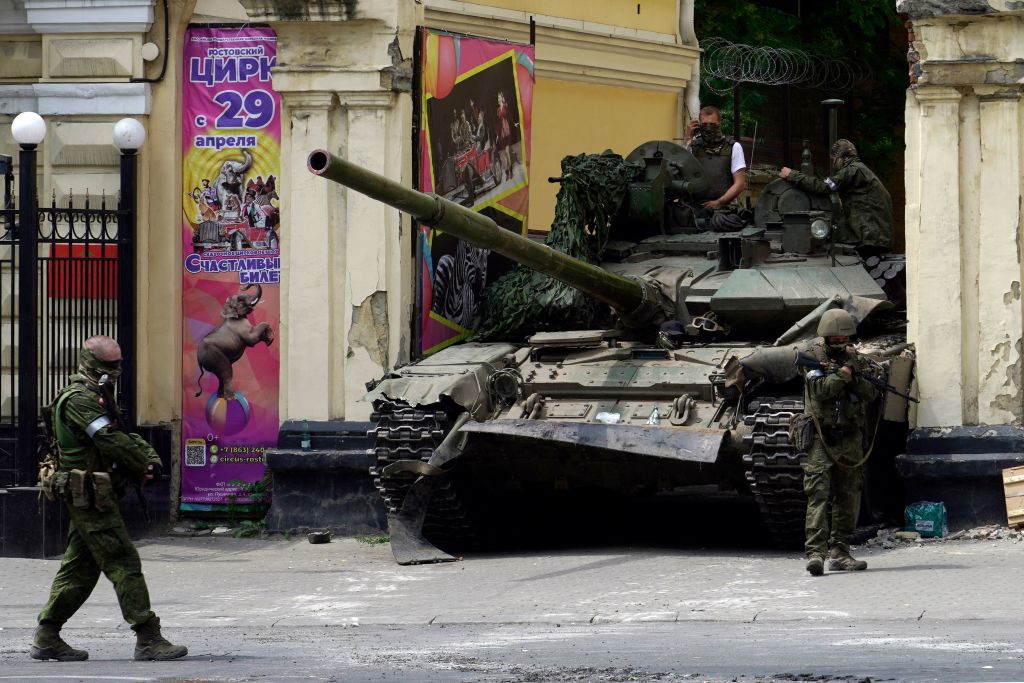
This political generation is not only growing impatient as Russia becomes a gerontocracy, as Putin cronies reaching the retirement age of seventy are allowed to remain in post. It is also feeling that its practical interests are under pressure. While the oligarchs and minigarchs have the resources to live pampered lives largely as before (organized crime has moved into lucrative new businesses, smuggling everything from Italian handbags to spare parts for Mercedes cars), most bureaucrats and businesspeople are feeling the pinch. Besides, this cosmopolitan class had come to enjoy the opportunities to steal at home but bank abroad, to send their children to foreign universities, to acquire boltholes in Riga, Prague, London. There are still vacation options, from Dubai to Phuket, but it rankles people who consider themselves Europeans to be excluded by the West.
There is no sense that Putin is under imminent threat. However, his system is increasingly sclerotic and dysfunctional, and there is nothing to suggest that he has the plan or the energy for any serious reform. Prigozhin’s mutiny has left it even more brittle. Putin looks weak for having first denounced his mercenary chief as a traitor and then waived all charges against him in the name of a deal. More to the point, it has raised questions about the final backstop of his rule, his control of the security apparatus. The sight of soldiers letting Wagner’s columns roll by can only have heartened those who would see him fall.
It could be a collapse of the lines in Ukraine and the loss of Crimea, or a cascading economic crisis, or a serious illness laying Putin low, or any number of other black swan scenarios, but it means that the system will be even less capable of handling whatever the next challenge may be. Much like Czar Nicholas II, Putin risks eventually being corralled by his own generals and officials and offered the choice of retiring with honor or being dethroned. If and when that happens, we are likely to see an elite that is even more fearful of anarchy than we are, doing everything it can to ensure a calm transition.
Furthermore, they have every interest in improving relations with the West. There is a quiet consensus growing that the Ukrainian invasion was a mistake, and that the price of victory — escalation, militarizing the economy, essentially following Prigozhin’s prescription of “North Koreanization” — is too high. Extricating Russia from the war would be neither cheap nor easy, but it is possible, especially as many in continental Europe would leap at any opportunity to return to business as usual. And then once again the handbags and Mercedes would flow.
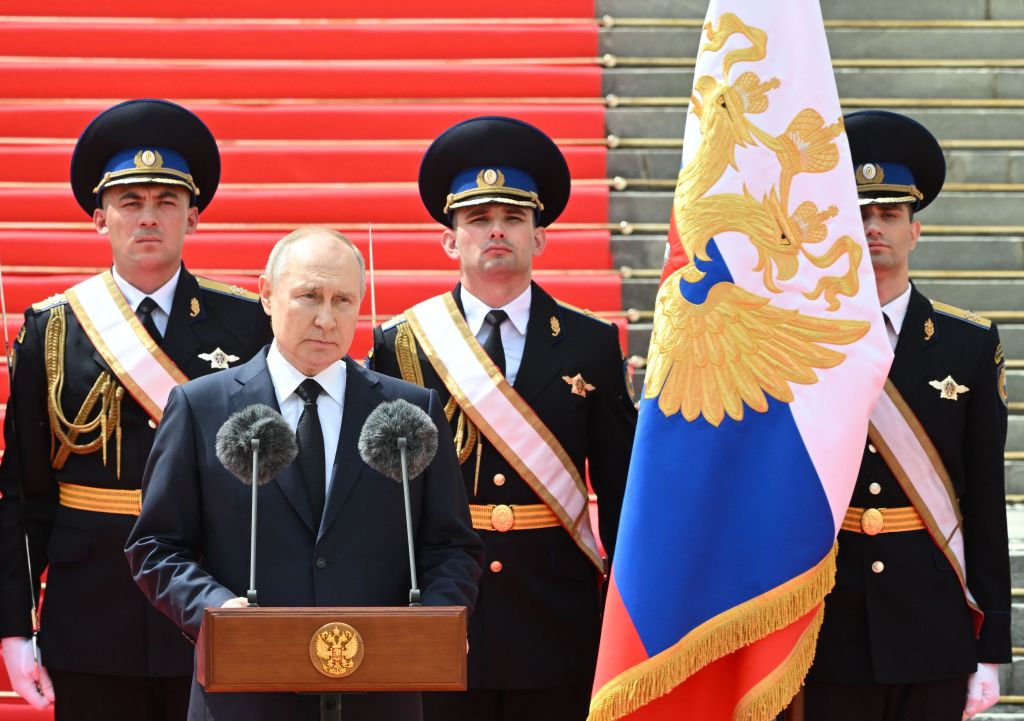
This is unlikely to bring democracy to Russia, but it would roll back the creeping totalitarianism of the past sixteen months. More to the point, successful kleptocrats tend, perversely, to favor the rule of law, so as to protect what they have stolen. It is possible to have rule of law without democracy but, as 1990s Russia showed, it is impossible to have real democracy without rule of law. Thus, if the next political generation could be the generation to legalize Russia, it is possible the one after that might democratize it.
Some nevertheless fear that that next generation, whose entire adult lives have been lived under Putin, may instead have been shaped by the distorted histories they have been fed. If Putin holds on long enough, he might try to effect a political transition to them, leapfrogging a generation currently waiting impatiently for their time at the top.
Yet even here there is hope: those raised within the much more tightly sealed Soviet information control environment still proved susceptible to the lure of jazz, jeans, democracy and the dollar. There is no reason that Russian forty-somethings would be any less acquisitive than their elder counterparts.
This is the most positive potential trajectory. The point is that the West cannot allow itself to be paralyzed by a fear of what will follow Putin. Actively working to topple Putin may well not be wise — from Iraq onwards, we have proven better at regime change than managing what follows — but at the very least we should welcome whatever hastens the end of his reign. Bring it on.
This article was originally published in The Spectator’s UK magazine. Subscribe to the World edition here.



